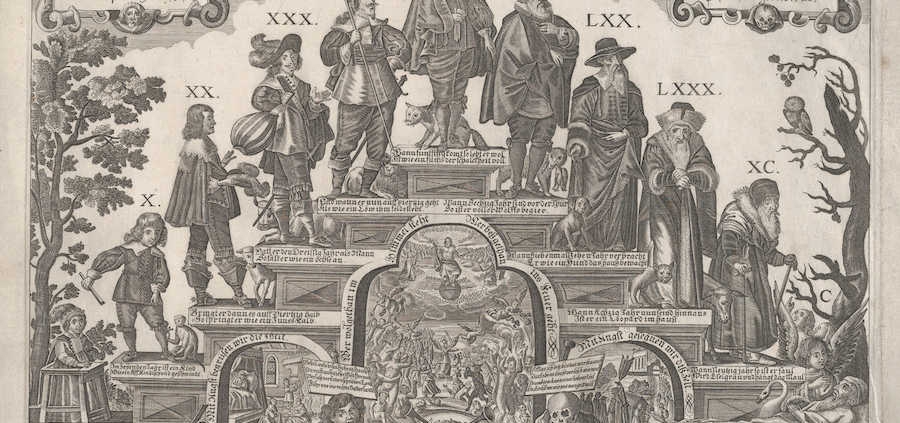Changes and Transformations by Rose Marie Dunphy
There is a time for everything, and a season for every activity under the heavens: a time to be born and a time to die, a time to plant and a time to reap . . . a time to weep and a time to laugh, a time to mourn and a time to dance.
– Ecclesiastes 3:1–4
A few years ago, my friend Anne sold her house on Long Island and moved to upstate New York, near Albany. Her husband John had died a year earlier, and the memories and responsibilities of the large home they shared lay heavily on her shoulders and in her heart. The new location was familiar territory. It was not far from where she’d grown up, and her parents, brother, and his family still lived in the small town nearby.
Anne’s house was newly built, customized with details, dimensions, and colors that she had chosen. The first few weeks after moving in, rather than dine in her beautiful home, she frequented the small family restaurant nearby. Noticing that Anne sat and ate alone every night, the owner, a plump, middle-aged Italian woman named Maria, decided to approach the table and engage her in friendly conversation.
“Are you redoing your kitchen?” She smiled.
“I’m redoing my life,” Anne responded, returning a smile that spoke more of resignation than information. Maria immediately sat down beside her. It was the start of an ongoing friendship.
The change in Anne’s kitchen was minor compared to the change in her life. It had been a second marriage for both John and Anne, and they had been very much in love for almost 20 years. Then John developed a summer cold that wouldn’t go away. It turned into bronchitis, then into pneumonia, then cancer, which eventually spread to other organs until it overtook him a year later. My husband and I were good friends, so naturally we were supportive. We visited them in the hospital and at home. We invited them to our home, offering to help any way we could.
But after the funeral, Anne became despondent. She no longer answered our phone calls. She no longer wanted to socialize. She withdrew, saying she needed space and time to heal. We gave it to her, all the time worrying how she was coping, helpless in how we could make her feel better, reaching out to her periodically should she have changed her mind.
Two years passed. One day she phoned and invited us and another couple we both knew to visit her.
“Come, let’s have dinner like we used to. Stay over because of the distance and we can talk late into the night.”
We jumped at the chance and had a wonderful time. The only thing that was different was that she wanted us to prepare the meal. She had bought all the ingredients and they lay on her beautiful granite countertops that still looked brand new. We were surprised, as she was a wonderful cook. In the past, we had taken turns having dinner parties, but hers were by far the most elaborate, exceptionally exquisite in table setting and in novelty of courses.
“I’m only one now. It doesn’t pay to cook. Maria’s restaurant is like home cooking and everyone is friendly there,” she explained. We understood and complied. It was good to get our friend back.
I ponder what my friends’ life events mean for me, for anyone. How will I react or respond should my husband die? How will he, should I die first? How are we prepared to swim in these new waters when the time comes?
In John 11:25–26, Jesus says, “I am the resurrection and the life. Whoever believes in me, though he dies, shall live, and everyone who lives and believes in me shall never die. Do you believe this?”
I believe we are products of how we have lived our lives. When our life is forced to change, our transformations will, most likely, be determined by how we have lived life, the habits we’ve acquired while living it. Yet I hold the hope that, if we feel we fall short, while there is breath, there’s always a chance to “redo” our life and live it to the fullest. “For if we live, we live to the Lord, and if we die, we die to the Lord. So then, whether we live or whether we die, we are the Lord’s” (Rom. 14:8).
Rose Marie Dunphy is the author of five books and numerous articles published in periodicals including the New York Times, Newsday, and the Christian Science Monitor. Holding a master’s degree from Stony Brook University, she is a NYS-licensed science and English teacher, now retired. Mother of four, grandmother of seven, she lectors in her parish.





Leave a Reply
Want to join the discussion?Feel free to contribute!